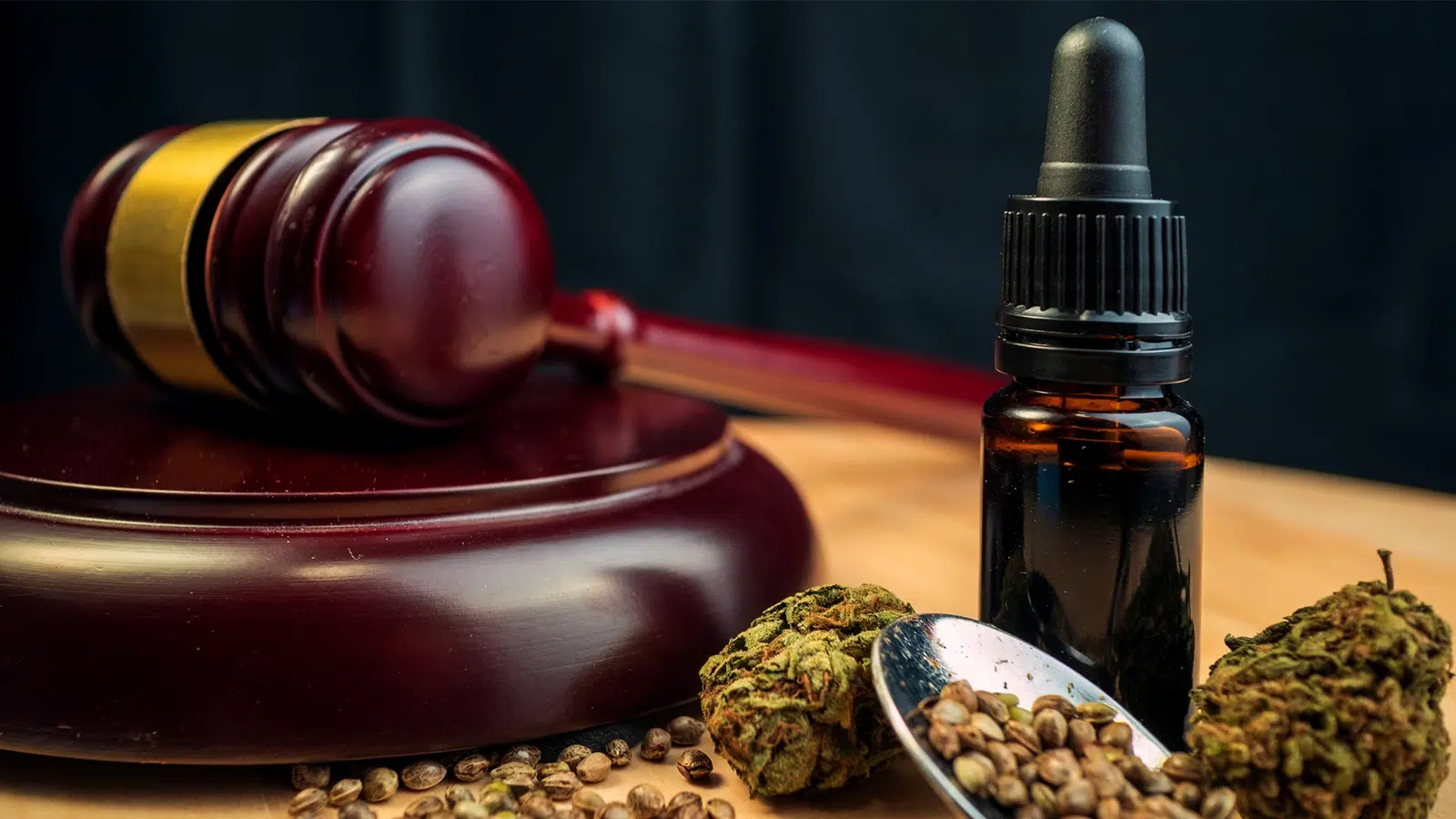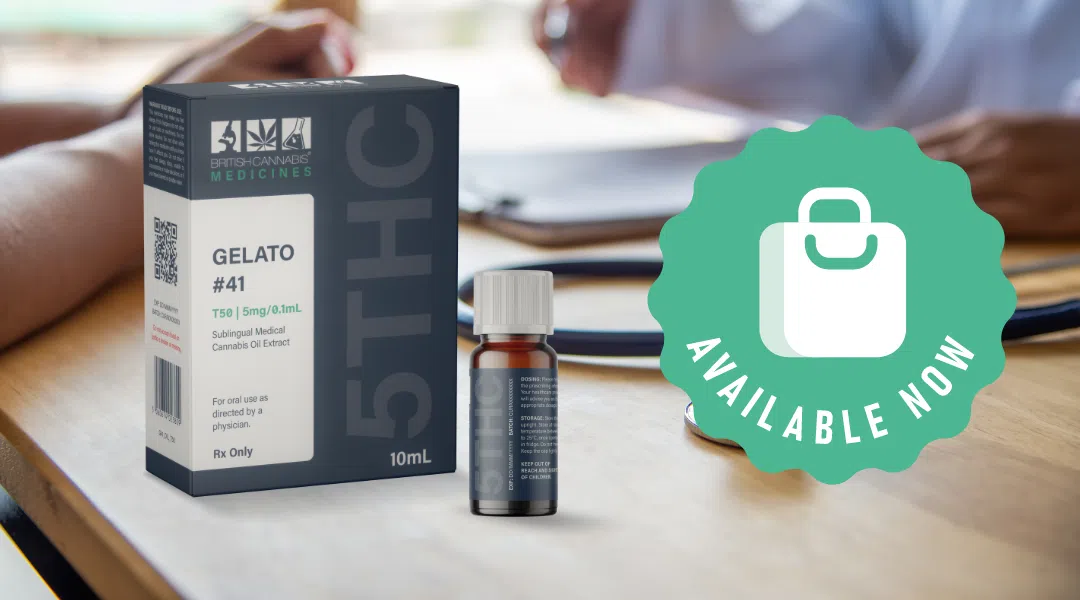
Mapping the Legal History of CBD Oil in the UK
In today’s health-conscious world, the surge of interest in natural remedies has become more than a trend – it’s a movement. Among these, CBD oil has emerged as a focal point of curiosity and discussion.
However, it’s vital to clear a common misconception from the start: CBD oil is not about getting high. This distinction is essential in comprehending the legal intricacies of CBD oil in the UK.
This journey is not only about legality but also about safety and consumer awareness. CBD oils path to legality in the UK has been influenced by a growing understanding of its potential health benefits, separated from the psychoactive effects commonly associated with cannabis.
This separation is crucial, as it underpins the legal framework that differentiates CBD from THC (Tetrahydrocannabinol) – the compound responsible for the ‘high.’ When Was CBD Oil Legal in UK? Let’s dive into historical legal changes, scientific research, and public opinion shifts.
To uncover the answer, one must navigate the legal labyrinth governing the use, sale, and distribution of CBD oil.
The legal status of CBD oil is a reflection of a broader cultural and scientific awakening to the potential benefits of cannabinoids, coupled with a rigorous approach to consumer safety and product regulation.
As consumers explore the world of CBD oil, it becomes imperative to stay informed about the legal landscape.
This ensures compliance with the law and guarantees that the products used are safe, effective, and legally sanctioned.
Thus, the journey to understanding the legality of CBD oil in the UK is as much about knowledge and safety as it is about legal compliance.
You can find additional information and insights on can cannabis oil cause stomach problems.
The History of CBD Oil in the UK
The journey of CBD oil in the UK is a fascinating tale of scientific discovery, legal battles, and societal change. This journey is intertwined with the broader narrative of cannabis regulation, a key aspect when considering questions like “Is CBD legal in the UK?” and “When was CBD oil legal in the UK?”
The 1928 Cannabis Ban
The history dates back to 1928 when the UK first banned cannabis. This prohibition, largely influenced by international attitudes towards drugs, set the stage for the complex relationship between the UK and cannabis-derived products, including CBD oil.
The 1928 ban on cannabis in the UK marked a significant turning point in the country’s approach to cannabis and its derivatives.
This prohibition was not an isolated decision rather, it reflected a broader international trend of the time, where many countries were grappling with how to regulate drugs and their use.
The ban laid the groundwork for the intricate and often challenging legal landscape that would come to define the relationship between the UK and products like CBD oil.
It set a precedent for stringent control and oversight, which would shape policies and public perception for decades.
As we explore the evolution of CBD oil’s legality in the UK, understanding this historical context is crucial.
It helps to explain not just the legal journey of CBD oil, but also the social and political factors that have influenced its acceptance and regulation.
CBD Oil’s Origins in the 1940s
The exploration into CBD oil took a pivotal turn in the 1940s, despite the prevailing cannabis ban in the UK. During this era, the scientific community achieved a breakthrough by successfully discovering and isolating CBD (Cannabidiol).
This milestone was monumental in the world of cannabis research.
For the first time, scientists could differentiate between the various compounds within the cannabis plant, particularly between CBD and THC (Tetrahydrocannabinol), the latter being known for its psychoactive effects.
This development was crucial, as it laid the foundation for the ongoing discussions and debates surrounding CBD legal in the UK.
It allowed for a more nuanced understanding of the cannabis plant and its potential therapeutic properties, distinct from the intoxicating effects of THC.
This distinction between CBD and THC became a cornerstone in the argument for the legal status of CBD, as it shifted the focus from the plant’s recreational use to its potential health benefits.
MHRA’s Classification in 2016
The landscape of CBD oil UK underwent a transformative change in 2016 with a critical decision by the Medicines and Healthcare Products Regulatory Agency (MHRA).
The MHRA, a key regulatory body in the UK, officially recognized CBD as a medicine.
This pivotal recognition was grounded in accumulating evidence that highlighted CBD’s efficacy and safety in treating specific medical conditions.
This watershed moment raised significant questions, particularly “When did CBD oil become legal in the UK?”
The MHRA’s decision represented a significant shift in the legal perception of CBD products, marking a departure from the longstanding scepticism and regulatory ambiguity that had surrounded cannabis-derived products.
It signalled a move towards embracing the therapeutic potential of CBD, acknowledging its value in the medical field, and setting a precedent for the regulation and standardization of CBD products.
This transition not only legitimized the use of CBD oil for medicinal purposes but also opened the door for further research and development in this area, paving the way for a deeper understanding and broader acceptance of CBD’s health benefits.
Approval of CBD-Rich Products in 2018
The journey of CBD oil in the UK reached another milestone in 2018 with the official approval of CBD-rich products for the treatment of certain medical conditions.
This development was significant as it further solidified the legal standing of CBD oil, moving it from a grey area into a more defined and regulated space.
The approval required these CBD products to adhere to stringent safety, quality, and efficacy standards.
Such regulations were put in place to ensure that the products were not only effective but also safe for consumer use.
This step was crucial in building trust and credibility in CBD as a legitimate therapeutic option.
It marked a shift in the perception of CBD from an alternative remedy to a medically acknowledged treatment.
The requirement for rigorous testing and certification meant that consumers could use these products with a greater sense of assurance and confidence in their quality and safety.
This period also saw an increase in public awareness and understanding of the potential benefits of CBD oil, further driving its acceptance and integration into mainstream healthcare practices.
Controversies and Challenges
Despite the significant strides in the legal and medical acceptance of CBD oil in the UK, the journey has not been without its controversies and challenges.
One of the key issues has been the ongoing debate around the legality of cannabis oil and driving in the UK.
This concern stems from the need to distinguish between CBD oil, which is non-psychoactive, and cannabis oil which contains THC, known for its psychoactive effects.
The confusion often lies in understanding the legal thresholds and the implications for drivers who use these products.
Additionally, the broader regulatory landscape for CBD and cannabis-related products has been a point of contention.
While CBD oil has been recognized for its medical benefits, the presence of THC in some products has raised legal and safety concerns.
This has necessitated clear regulations to ensure that products in the market are safe, accurately labelled, and free from psychoactive substances that could impair users, particularly in activities like driving.
The challenge for regulators and the industry has been to balance the therapeutic potential of CBD oil with the need to safeguard public health and safety.
These controversies highlight the complexity of navigating the evolving legal and medical landscape of CBD oil, emphasizing the importance of ongoing research, clear regulations, and informed public discourse.

CBD as a Novel Food
Understanding the classification of CBD as a novel food is crucial for both consumers and producers, particularly in the context of the UK market.
This understanding also ties into the broader question of when was CBD oil legal in UK as it relates to its sale and consumption.
What Constitutes a Novel Food?
A novel food is defined as a food that had not been widely consumed by people in the EU before May 1997. Under this definition, CBD, when used in food products, falls into this category.
This classification is significant as it dictates the regulations governing the production and sale of CBD oil and other related products.
CBD Oils as Food Supplements
In the UK, CBD oils are commonly sold as food supplements. This means they are not considered medicines, but rather, are consumed for their potential health benefits.
However, this classification brings with it a set of strict regulations to ensure safety and quality.
Regulations Governing CBD Products
For a CBD product to be legally sold in the UK, it must comply with certain standards and regulations.
These regulations are in place to ensure that products are safe for consumption and contain the ingredients they claim to.
This is a key factor in addressing the legal status of CBD oil in the UK and understanding when it became an accepted product in the market.
Labelling and Marketing Requirements
The labelling and marketing of CBD products are subject to strict guidelines.
These regulations require clear, accurate labelling that does not make unverified health claims.
Companies must ensure that their marketing practices are honest and do not mislead consumers about the benefits or uses of CBD.
Trustworthy CBD Sources
For consumers looking to purchase CBD products, it is important to choose trustworthy sources. Companies like BRITISH CANNABIS™, the largest UK manufacturer of CBD products, provide a benchmark for quality and reliability.
Selecting reputable manufacturers ensures that consumers receive products that meet legal and safety standards.
The Potential Benefits of CBD Oil
As the understanding of CBD oil expands, so does the recognition of its potential benefits, especially now that CBD legal in the UK is becoming more widely acknowledged.
This acceptance has opened up discussions about the advantages of CBD products and their role in natural health and wellness.
CBD products, now legally recognized in many parts of the UK, are celebrated for their wide range of potential health benefits.
These products, derived from the hemp plant, are reputed to offer natural solutions for various health concerns without the psychoactive effects associated with cannabis.
Reduction of Anxiety and Stress
One of the most notable potential benefits of CBD oil is its ability to reduce anxiety and stress. Studies suggest that CBD can interact with the body’s endocannabinoid system, which plays a key role in regulating mood.
This interaction can potentially lead to a calming effect, making it a popular choice for those seeking a natural approach to managing stress and anxiety.
Improvement in Sleep Quality
CBD oil may also contribute to improved sleep quality. By potentially reducing anxiety and promoting relaxation, it can help address issues like insomnia and disrupted sleep patterns.
This aspect of CBD oil is particularly appealing to those looking for a natural alternative to sleep medications.
Reduction of Discomfort and Irritation
Some studies suggest CBD oil can help in reducing discomfort and irritation, particularly in conditions involving chronic pain.
This potential pain-relieving effect is attributed to CBD’s anti-inflammatory properties, making it a promising alternative for individuals looking for relief from chronic pain conditions.
CBD as a Natural Alternative
The growing interest in CBD oil as a natural alternative is a testament to its potential benefits.
With the legal status now clear, more individuals are turning to CBD products as a holistic approach to managing various health issues.
Travelling and Driving with CBD Oil in The UK
With the growing acceptance of CBD oil in the UK, questions like cannabis oil and driving the UK are becoming increasingly relevant for users. Understanding the properties of CBD, especially in the context of travel and driving, is essential for safe and legal usage.
Non-intoxicating and Non-drowsy Properties
CBD oil, known for its non-intoxicating properties, does not induce the ‘high’ typically associated with cannabis. This aspect is crucial, especially when considering the legalities and safety of cannabis oil and driving in the UK.
Unlike THC, CBD is non-drowsy, making it a safer option for those who need to stay alert, such as when driving.
Caution When Taking CBD for the First Time
If you’re using CBD oil for the first time, it’s advisable to exercise caution.
Each individual’s reaction to CBD can vary, so it’s important to monitor how your body responds, particularly if you plan to drive or travel.
Study on CBD’s Effects on Driving
Recent studies investigating the effects of CBD on driving have shown no significant impairment in users.
This research is crucial in understanding the relationship between cannabis oil and driving in the UK, providing reassurance that CBD use does not necessarily impact driving ability.
Guidance on Traveling While Using CBD Oil
For those travelling with CBD oil, it’s important to stay informed about the legal status of CBD in your destination.
While CBD is legal in the UK, regulations may differ in other countries. Always check local laws to ensure compliance.
Consultation with a Healthcare Professional
Before incorporating CBD oil into your routine, especially if you’re a frequent traveller or driver, consulting with a healthcare professional is advisable.
This step is crucial for understanding how CBD might interact with your health circumstances.
Precautions for Specific Individuals
Pregnant or breastfeeding individuals, as well as those on medication, should take extra precautions when considering CBD oil.
While CBD is generally considered safe, its effects can vary, and it may interact with certain medications.

Conclusion: When Was CBD Oil Legal in UK
The journey through the complexities of Is CBD oil legal in the UK? and CBD legal in UK brings us to a key realization: the responsible and legal use of CBD oil is paramount.
Understanding its legal status not only ensures compliance with the law but also enhances the safety and effectiveness of its use.
Responsible and Legal Use of CBD Oil
As we have explored, CBD oil in the UK has traversed a path from uncertainty to legal recognition.
This journey underscores the importance of responsible usage.
Adhering to legal guidelines, such as those governing cannabis oil and driving in the UK, is crucial. It’s about respecting the law and prioritizing safety, both for individual users and the community at large.
Incorporating CBD Oil into a Healthy Lifestyle
The potential benefits of CBD oil, ranging from stress relief to pain management, make it an appealing addition to a healthy lifestyle.
However, this incorporation should be approached with mindfulness and an understanding of individual needs.
Whether it’s the legal clarity now provided allows individuals to make informed decisions about including CBD in their health regimen.
In conclusion, the narrative of CBD oil in the UK is one of progression and enlightenment. From clarifying when was CBD oil legal in the UK to understanding its role in health and wellness, CBD oil’s journey is reflective of a broader shift towards natural, holistic approaches in healthcare.
As the conversation continues to evolve, so too will our understanding and appreciation of this versatile, natural product.
References
Sinclair, S. (2023, June 23). Inside a UK cannabis club: changing lives, tackling stigma, building community. Cannabis Health News. R
etrieved from https://cannabishealthnews.co.uk/2023/06/23/inside-a-uk-cannabis-club-saving-lives-tackling-stigma-building-community/
ACCESS CBD UK (2023). Buy CBD Oil UK
Retrieved from https://accesscbd.uk/buy-cbd-oil/
Share this post
Newsletter







